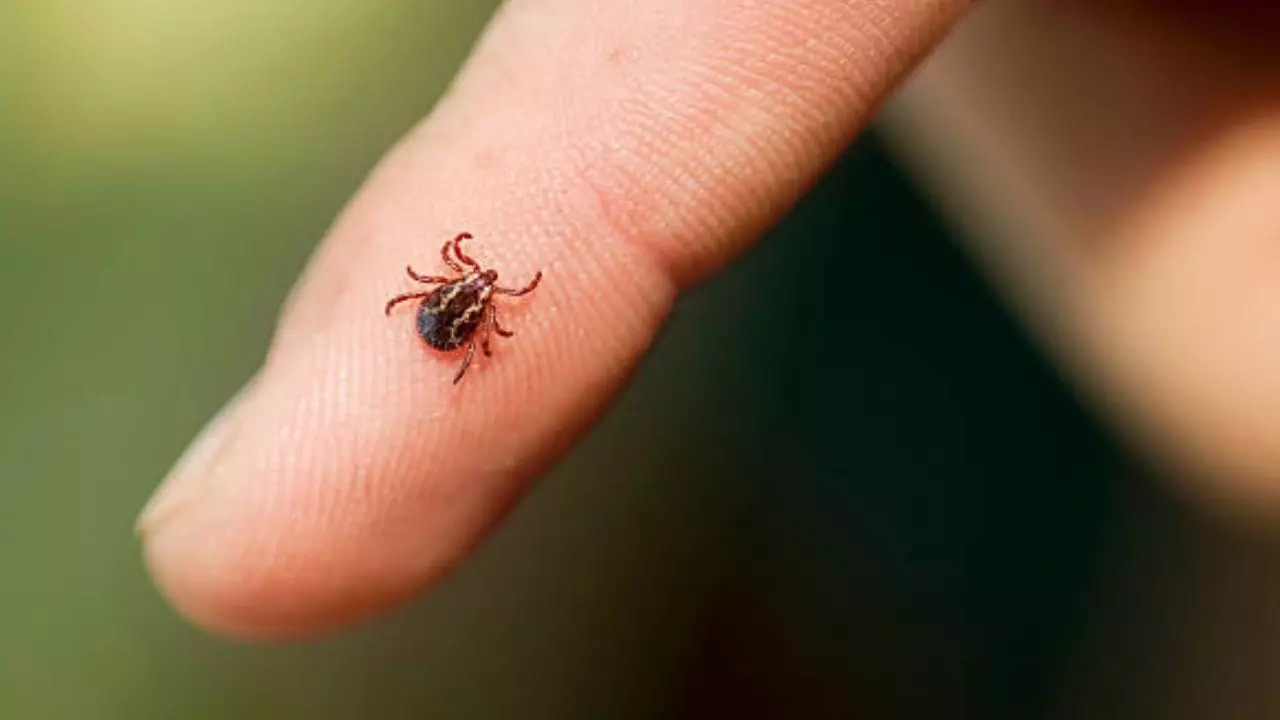A recent study has revealed a steady rise in cases of babesiosis, a tick-borne parasitic disease, across the United States. Researchers from Penn State Health Milton S. Hershey Medical Center found that between 2015 and 2022, the number of babesiosis cases increased by an average of 9 per cent annually.
The study, published in the journal Open Forum Infectious Diseases, also highlighted a significant overlap between babesiosis and other tick-borne illnesses, with 42 per cent of those diagnosed with babesiosis also suffering from infections like Lyme disease. Lead researcher Dr Paddy Ssentongo, an infectious disease expert, emphasized the importance of clinicians being vigilant for co-infections in patients with babesiosis. "Ticks can carry multiple pathogens, including those that cause Lyme disease, anaplasmosis, and ehrlichiosis," he noted.
This means that individuals diagnosed with babesiosis may also be at risk for other tick-borne diseases, though the study found that having multiple infections did not increase the risk of death. Babesiosis, often referred to as "American malaria," affects a person’s red blood cells like malaria, according to the researchers. The disease is primarily transmitted through the bite of black-legged ticks and is most prevalent in Northeastern and Midwestern states.
While many infected individuals experience flu-like symptoms, babesiosis can be life-threatening for older adults, those with compromised immune systems, and individuals without a.


















